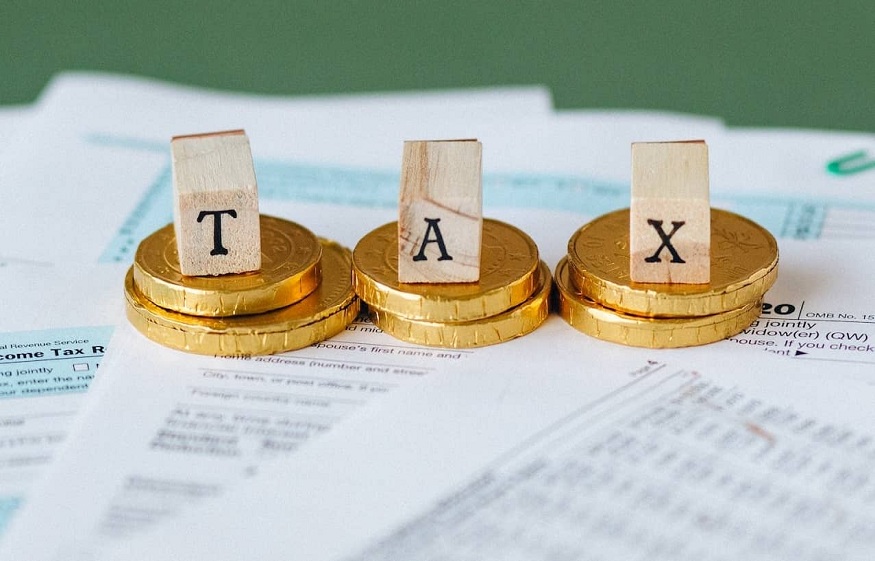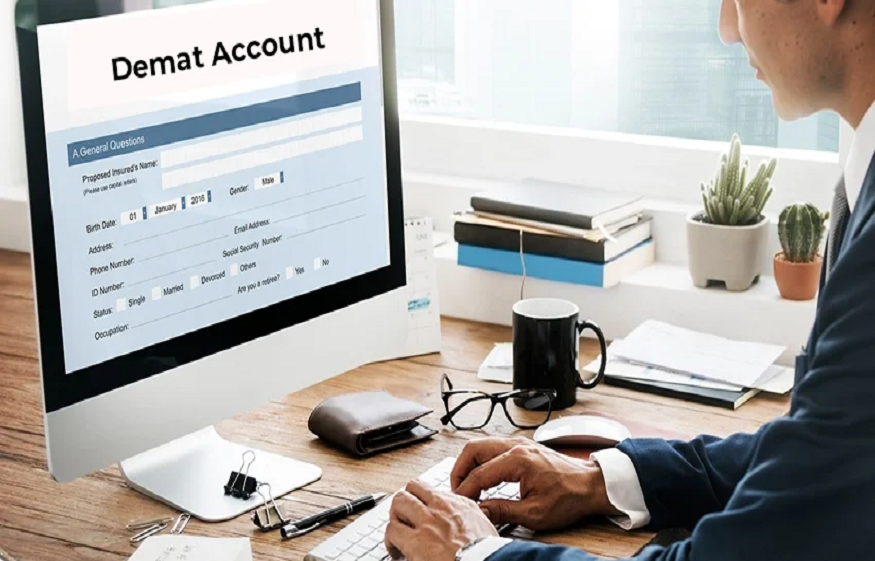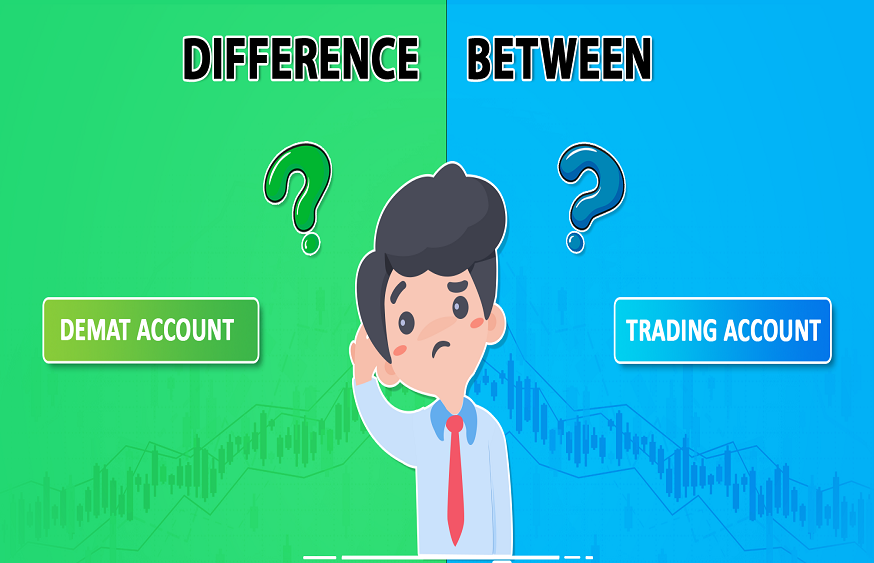Most taxpayers look forward to receiving their tax refunds. There are many ways this tax refund can be used. According to Kavan Choksi, paying off the credit cards or some other debts, investing the returns in the stock market or placing the funds in a retirement plan are few of the popular ways to use the tax refund. However, among all the options, using the funds to pay off existing debts would be the smartest choice for a person.
Kavan Choksi talks about the ways people can invest their tax refunds
For people who have high-interest credit card debt, paying this money off should be their first “investment” once they get their tax refunds. The return on the money would ideally be equal to the interest rate; moreover, it is guaranteed and risk-free. According to financial planner, every dollar one puts towards this debt essentially sees a return of 24% if the interest rate on a credit card is 24%. On the other hand, interest rates on both mortgages and federal student loans are less than ten percent on average. Paying off the debt that accrues the most interest makes the most sense as it shall cut down the overall expenses of a person.
After one has paid off their debts, they should next consider putting their tax returns in a good emergency fund. Ideally, a person must try to save about three to six months of living expenses in fairly liquid savings. But even if they cannot afford such liquid savings, at least something would be better than nothing. Stowing away the tax refund for a rainy day can be of a huge help for someone who does not have an emergency fund yet. Having a good sum of money in the savings account means that a person does not have to put the charges of a sudden, major expense on their credit card.
Depending on the situation of a taxpayer, taking advantage of any employer-matching dollars offered in a retirement plan can also be a good way to use the tax refund money. They can increase the amount they are contributing to their 401(k) or 403(b). Doing both will be a good idea if the person has to save for retirement. Kavan Choksi additionally mentions that an IRA is the next step on the way to retirement readiness for people who are already meeting the match on their workplace retirement plan or do not have such a plan in place. These investors shall enjoy an upfront tax deduction on the money they put into a traditional IRA. While it grows tax-deferred, one has to pay income tax as they start taking withdrawals. There is no tax deduction at the time a person makes contributions to a Roth IRA. However, the withdrawals are tax-free as the investor taps the account in retirement.
People who have a high-deductible health plan can also use their tax refund money for a Health Savings Account (HSA). A great advantage of HSAs is that they are triple tax-free. Basically, the money goes in pre-tax via a paycheck deduction, grows tax-free, and is not even taxed upon withdrawal as long as the investor chooses to use it to pay for medical expenses.





